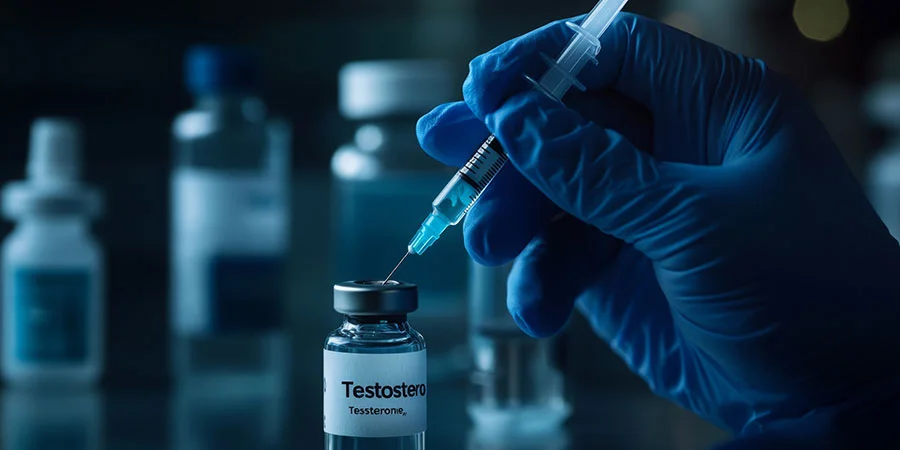-
Why True Anti-Aging Starts Inside, Not on the Surface When most people think of anti-aging, they picture skincare, supplements, or detox teas. But real change begins at the cellular level with your hormones, mitochondria, and metabolic systems. Starting as early as your late 20s or 30s, key hormones like testosterone, estrogen, progesterone, DHEA, and thyroid hormones begin to decline. These changes don’t just affect appearance, they affect your energy, mental clarity, mood, metabolism, and how
-
Why Nutrition Should Never Be an Afterthought in Hormone Therapy If you’re optimizing your hormones but neglecting your nutrition, you’re only doing half the work. Whether you're on testosterone replacement therapy (TRT), semaglutide injections, or peptide therapy, your results depend on how well your body is fueled. Without the right nutrients, energy dips, fat loss slows, recovery suffers, and mental clarity fades regardless of how dialed-in your hormone protocol is. At Level T, we've seen
-
The Way You Get TRT Matters More Than You Think Testosterone Replacement Therapy (TRT) can dramatically improve energy, focus, libido, and body composition, but only when done correctly. How you receive your testosterone matters. Choosing between in-clinic TRT injections and at-home testosterone delivery isn’t just about convenience. It’s about safety, oversight, and results. Before deciding, it’s important to understand the risks, benefits, and long-term impact of both options, especially if you're just starting out. Two
-
Is It Just Stress, Or Is Your Testosterone Telling You Something? Testosterone decline is not always sudden. It can begin slowly in your late 20s or early 30s and progress silently. For many men, the early signs of low T, like low energy or motivation, are mistaken for stress, aging, or burnout. What's really happening is biological. Testosterone levels naturally decline by about 1% per year after age 30, but that doesn’t mean it’s inevitable





